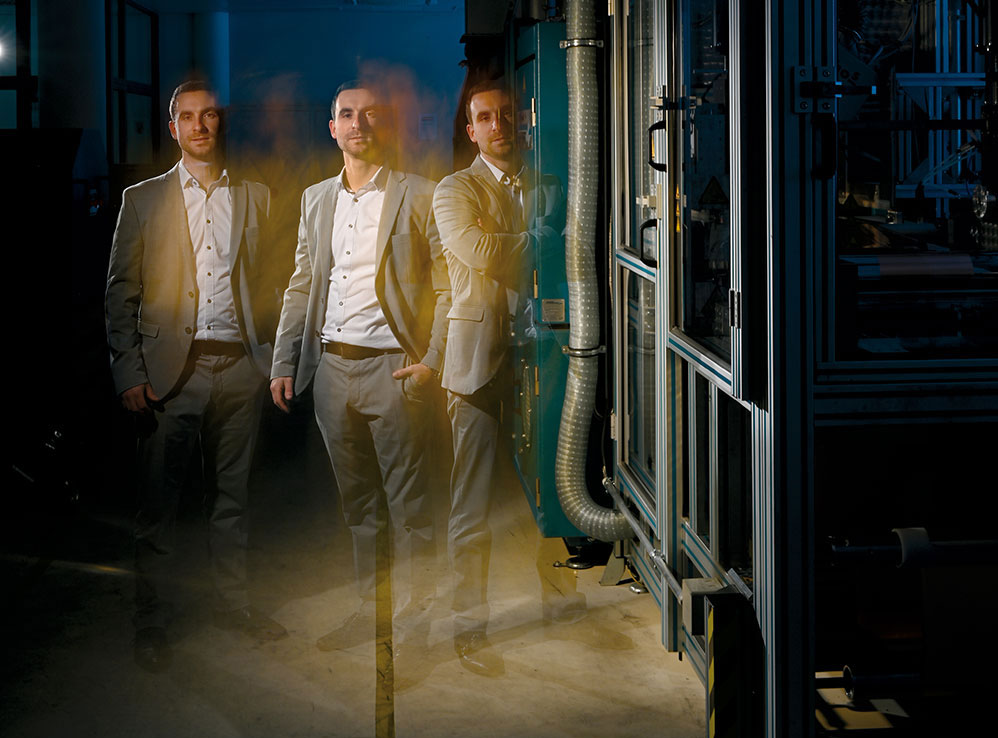In the context of the mobility of the future, the words “autonomous vehicles” come up over and over. However, if an AI system takes the wheel instead of a human being, then that system must have adequate safety levels − in fact, it should ideally be even safer than a human driver. Until now, the data required to set up new driving functions and, where necessary, to train artificial intelligence programs has mostly been generated from test drivers. However, the driving functions are becoming ever more comprehensive. Estimates suggest that it would take 2.5 billion kilometers of test driving just to make autonomous vehicles safe for highway use. However, realistic simulations of road traffic could be a promising solution for achieving AI safety in a more efficient way. Such simulations would have to provide valid models not only for typical traffic conditions, but also for very rare accidents and the scenarios in which they occur. To achieve this, the simulations must undergo data-driven optimization. However, very little data actually exists regarding the occurrence of accidents and critical scenarios that do not actually result in accidents − in fact, there is no valid way of identifying critical scenarios at present.
Researchers at Fraunhofer EMI are tackling both of these issues in project KIsSME. The team is developing a filter that can specifically identify critical scenarios and record the related data. The factors contributing to whether the data can be considered critical are drawn from various aspects of road traffic. The researchers intend to combine individual metrics with differing complexity levels, properties and scales to form sets of metrics for specific scenarios. These sets would be represented by a single criticality value. Some of the most important metrics here include time, e.g. the time to collision, and the physical dimension, e.g. the distance between road users. In project AVEAS, the Fraunhofer EMI team is developing processes such as data-driven optimization of traffic flow simulations.
